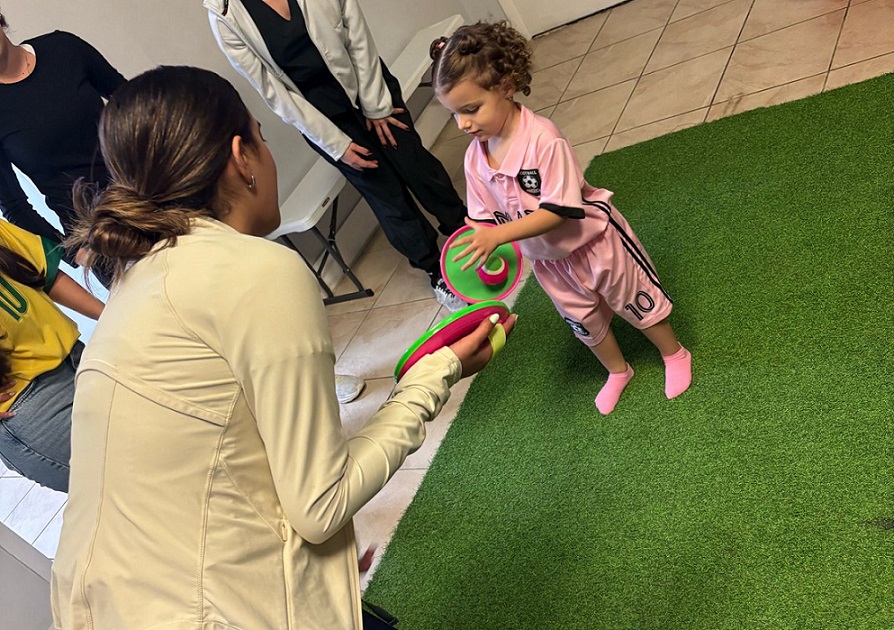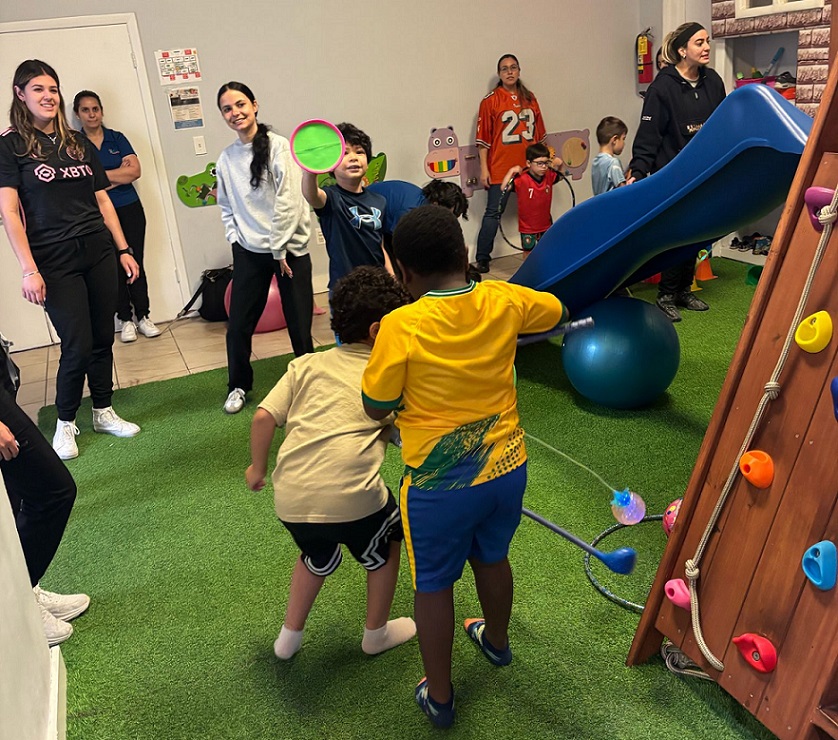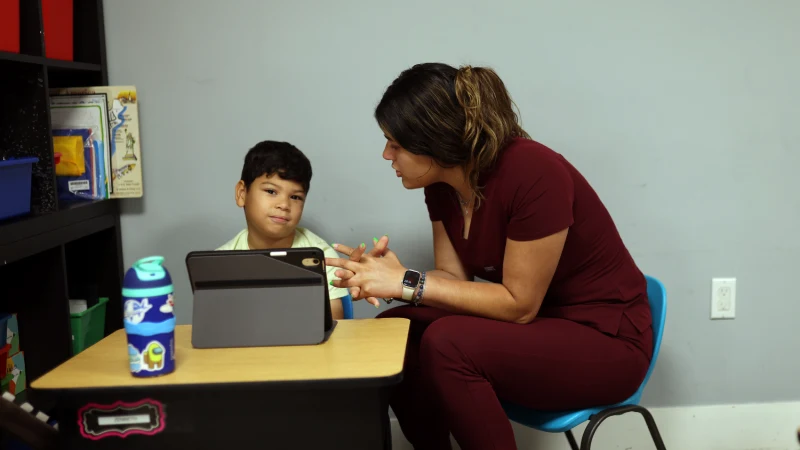We all want our children to be happy for as long as possible. In the same way, detecting and addressing autism in early childhood can make a tremendous difference in a child’s development. Early autism intervention before age 5 not only improves language and communication but also strengthens cognitive and social skills during this crucial stage.
To give you a deeper perspective, in this article we’ll explore the 4 main reasons to begin early intervention as soon as possible, highlighting the benefits of these services, the impact of speech therapy at this age, and how a specialized center can truly transform the future of a child with autism.
If you’re looking for clear guidance centered on your child’s well-being, this content is essential for you.
Why Is Early Autism Intervention Before Age 5 So Important?
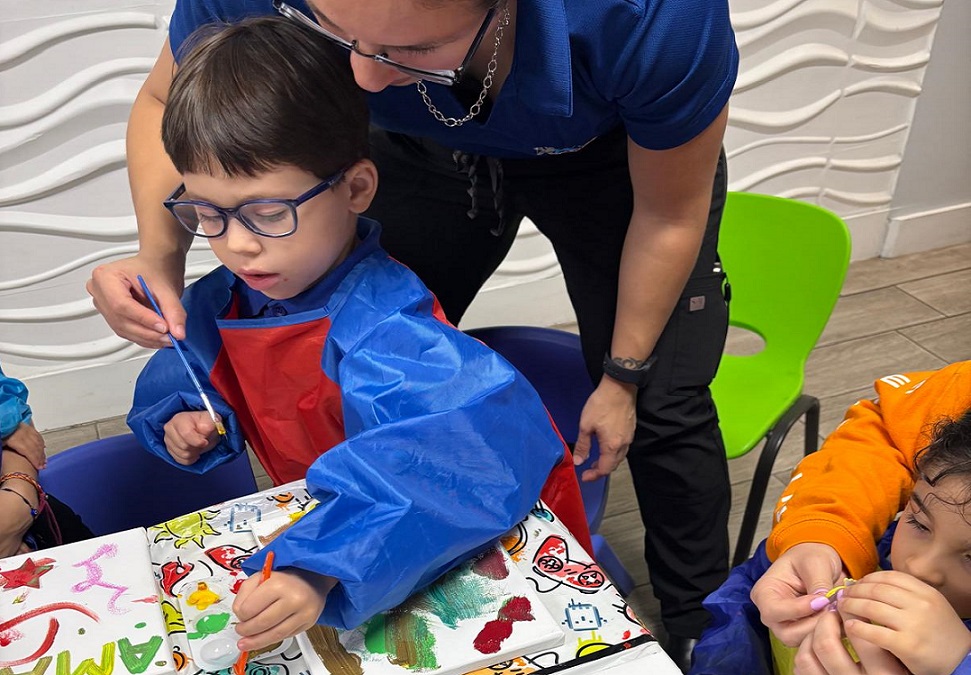
Detecting and treating autism during the first years of life can radically change the course of a child’s development. Early autism intervention before age 5 takes advantage of the brain’s natural plasticity, enhancing social and communication skills while preparing the child for greater independence.
In this section, you’ll discover why acting early is so essential for the child’s well-being and for the whole family:
- The young brain has greater plasticity before age 5: At this stage, the brain is most receptive to learning and adapting.
- Early detection allows for personalized treatment: Recognizing signs before age 5 makes it possible to design an intervention plan tailored to the child’s specific needs.
- Improves quality of life for both child and family: Early intervention reduces family stress and creates a healthier home dynamic.
- Facilitates school and social inclusion: Children who receive early support have greater chances of integrating successfully into educational and social environments.
In short, early autism intervention before age 5 is a very wise choice. If you suspect your child may need support, seeking professional help as soon as possible can make all the difference.
In the next 4 sections, we’ll show you exactly why. Keep reading!
1. Boosts Language and Communication Development.
One of the most significant benefits of early autism intervention before age 5 is its impact on language development. At this age, the brain is highly plastic, making therapy more effective and increasing opportunities for social integration.
Why Is Language a Priority in Early Intervention?
Language is the foundation of communication, human interaction, emotional expression, and learning. However, for children with autism, challenges in this area can greatly limit their ability to connect and thrive in daily environments.
Some key reasons why language development should be prioritized include:
- Facilitates social interaction: Allows the child to express needs, emotions, and take part in group play.
- Stimulates cognitive growth: Language is tied to thinking, memory, and problem-solving.
- Improves school adaptation: Children who communicate better can follow instructions and form friendships with peers.
2. Strengthens Social Skills and Emotional Regulation.
Another pillar of early intervention for children with autism spectrum disorder (ASD) is learning to regulate emotions. These skills determine emotional well-being and school adaptation. Early autism intervention before age 5 ensures children learn how to interact and express emotions earlier.
Social Skills Training Through Structured Therapies.
Structured therapies for autism treatment—such as Applied Behavior Analysis (ABA Therapy) and more naturalistic models—are designed to teach social skills in an effective, systematic, and highly personalized way.
Some of the benefits of early social training include:
- Improved verbal and nonverbal communication: Teaching gestures, conversational turn-taking, and eye contact.
- Better peer interaction: Children learn to share, cooperate, and participate in group play.
- Reduction of unwanted behaviors: Better social understanding reduces impulsive or aggressive behaviors.
Development of empathy and emotional recognition: Children learn to understand their own emotions and those of others.
3. Accelerates Cognitive and Behavioral Development.
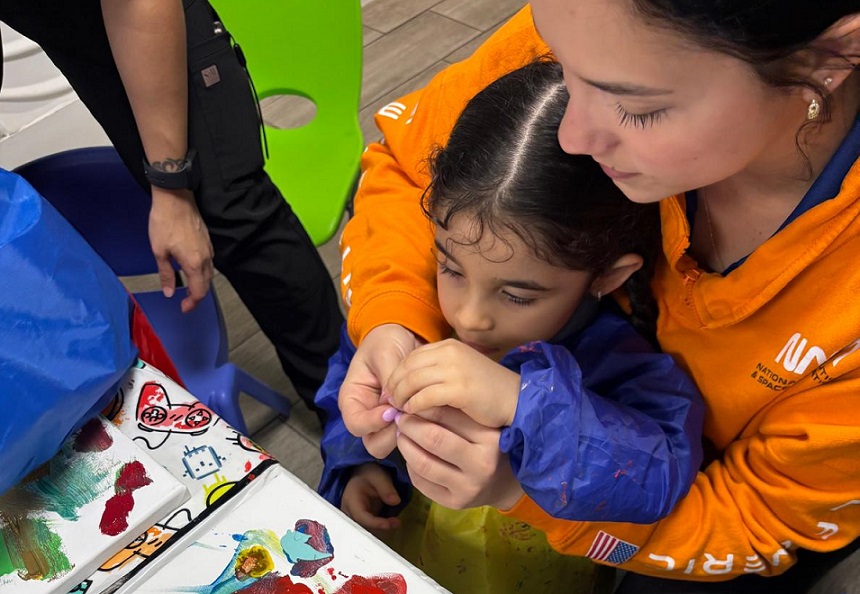
As we’ve seen, early autism intervention before age 5 not only enhances communication but also has a profound impact on cognitive and emotional growth. Early action helps shape behavior patterns that encourage independence and active participation in daily life.
Early Cognitive Stimulation: Key to Learning and Independence.
Cognitive stimulation in children with ASD, when started early autism intervention before age 5, focuses on strengthening essential processes for learning, independent decision-making, and understanding the world around them.
Some benefits of this approach include:
- Better attention and focus: Children practice skills that help them stay engaged in specific tasks.
- Working memory development: Essential for following instructions, solving problems, and learning routines.
- Improved reasoning and analytical skills: Encourages logic, categorization, and conflict resolution.
- Facilitated academic learning: Enhances performance in reading, math, and verbal comprehension.
4. Prepares Children for Academic and Personal Success.
There’s no doubt that early autism intervention before age 5 lays the foundation for strong academic development. It helps children with autism gain the skills they need to adapt to school environments and approach learning with confidence.
Building Fundamental Academic Skills.
Basic academic abilities—such as reading, writing, counting, and verbal comprehension—can be significantly and sustainably strengthened when worked on from early childhood, especially for children with ASD.
Some of the benefits of intervening before school entry include:
- Better preparation for formal learning: Children arrive at school with prior skills that ease adaptation.
- Improved receptive and expressive language: Enhances understanding of instructions and communication.
- Stronger logical and mathematical thinking: Encourages classification, sequencing, and counting.
- Increased motivation to learn: Children feel capable and enjoy the learning process.
What Does a Quality Early Intervention Center Offer?
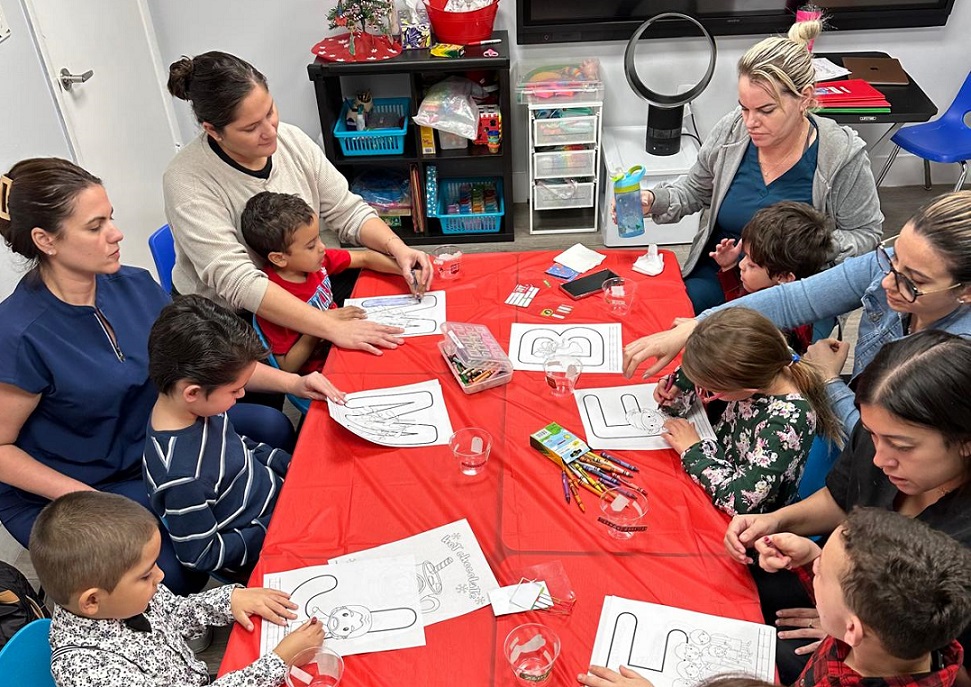
A quality early intervention center is a specialized environment designed to promote the comprehensive and sustainable development of children with ASD. These centers focus on the early years of life and offer a wide range of personalized services that involve the family, school, and community.
Choosing the right center can mean the difference between limited support and a truly transformative process. Here are two key elements that define quality:
- Comprehensive Multidisciplinary Assessment: A quality center begins with a thorough evaluation of all areas of child development.
- Individualized Intervention Plans: Each child receives a therapy plan tailored to their needs, with specific goals and evidence-based strategies.
Koala ABA & Learning Centers: A Bright Future Starts Today.
When it comes to early autism intervention before age 5, choosing the right center makes an enormous difference for your child. At Koala ABA & Learning Centers, we understand this deeply, which is why we provide personalized therapy programs that foster growth from the very start of childhood.
More than just a therapy center, we are a space where children find support, motivation, and the tools they need to grow with confidence. Our holistic approach blends science, care, and active family participation.
What Makes Koala ABA Different?
- Early Intervention with ABA: Science-based Applied Behavior Analysis therapies tailored to each child.
- Active Family Involvement: Parents and caregivers play an essential role in the process.
- Comprehensive Stimulation: Focusing on language, social, cognitive, and emotional development.
- Academic and Life Readiness: Children gain autonomy and confidence to succeed in school and beyond.
- Safe and Nurturing Environment: Highly trained professionals provide respect, empathy, and encouragement.
Trust us—we can help your child have the best possible start to their journey.
Contact us today and let’s help your child reach their full potential!


